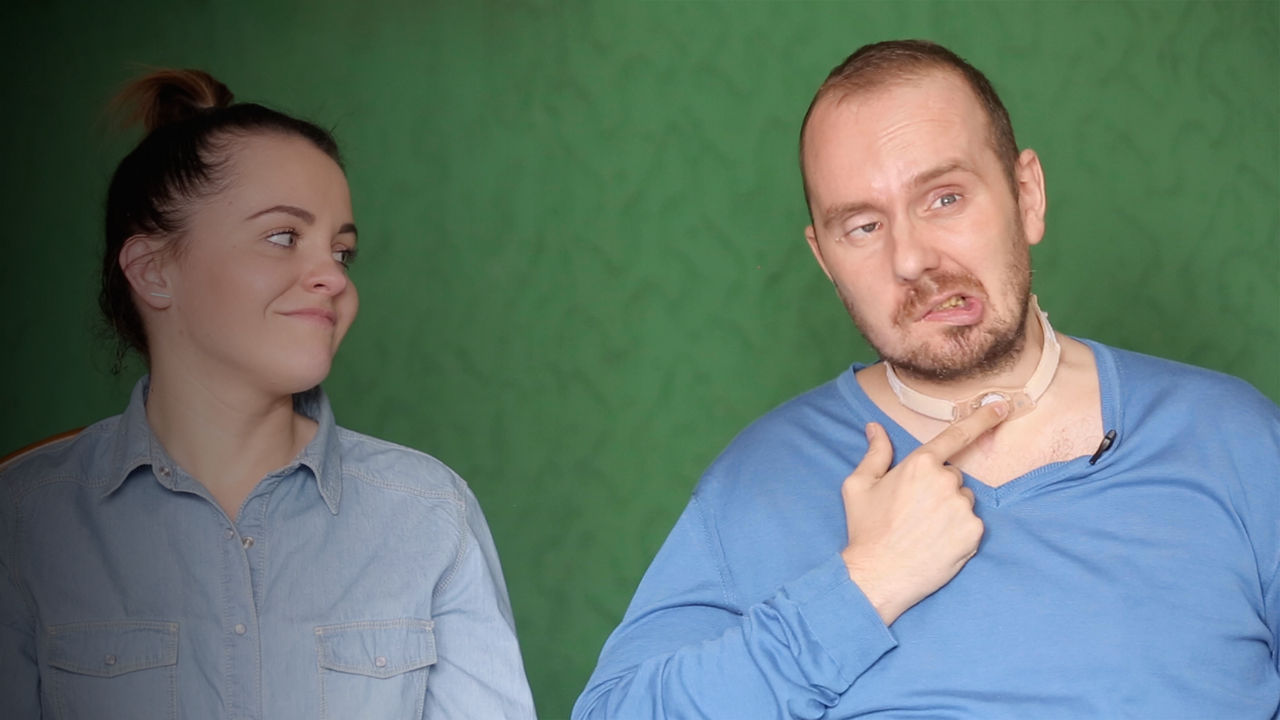World Stroke Day 2023: Raising awareness of stroke and nutrition
Stroke is the second leading cause of death worldwide and a leading cause of adult disability1.
Anyone that has had a stroke, or has experienced a loved one surviving a stroke, knows the enormous impact it has on one’s life. Everyday tasks provide new challenges and have to be approached in different ways.
Nutrition is important in stroke care, not only in the prevention of strokes2 but also in the management of patients who experience a stroke3. A healthy, balanced diet including high intakes of fruit, vegetables, nuts, olive oil and oily fish is recommended, as it helps prevent the onset of conditions which increase a person’s risk of having a stroke (e.g., overweight, diabetes, high blood pressure2). But good nutritional care is also at the heart of recovery for helping patients that have had a stroke.
Many stroke patients suffer from swallowing difficulties, which can make it very difficult to eat and drink sufficiently3. It is very important that stroke patients are able to meet their daily nutritional needs, as the onset of malnutrition, or not getting enough of the right nutrients to cover daily needs, increases the risk of developing life threatening complications such as aspiration pneumonia3.
Nutricia works with patient organizations and society partnerships to advance education and clinical research that address patient needs and raise awareness of disease-related malnutrition after stroke. Two organizations taking the spotlight during this year’s World Stroke Day are Stroke Alliance for Europe (SAFE) and the European Society for Swallowing Disorders (ESSD).
The below information is relevant for healthcare professionals only
The Stroke Alliance for Europe (SAFE) is currently drafting delivering a report on the additional support needs of stroke patients in Europe, which we are proud to sponsor as we continue to work with the organization on developing education materials. The report will be made available at the European Life After Stroke Forumin Dublin on the 11th and 12th of March 2024.
Targeting patient-centric approaches in dysphagia (difficulty swallowing), a common symptom among stroke patients, the European Society for Swallowing Disorders (ESSD) is running a survey for healthcare professionals with the objective to identify opportunities and gaps for education in this area. It has been created in several languages and will take less than 10 minutes to complete.
We are proud to be supporting our partners in helping improve the lives of stroke patients and address nutritional and rehabilitation needs during recovery.
If you are a healthcare professional or a student working with dysphagia patients, please complete the survey by ESSD.



